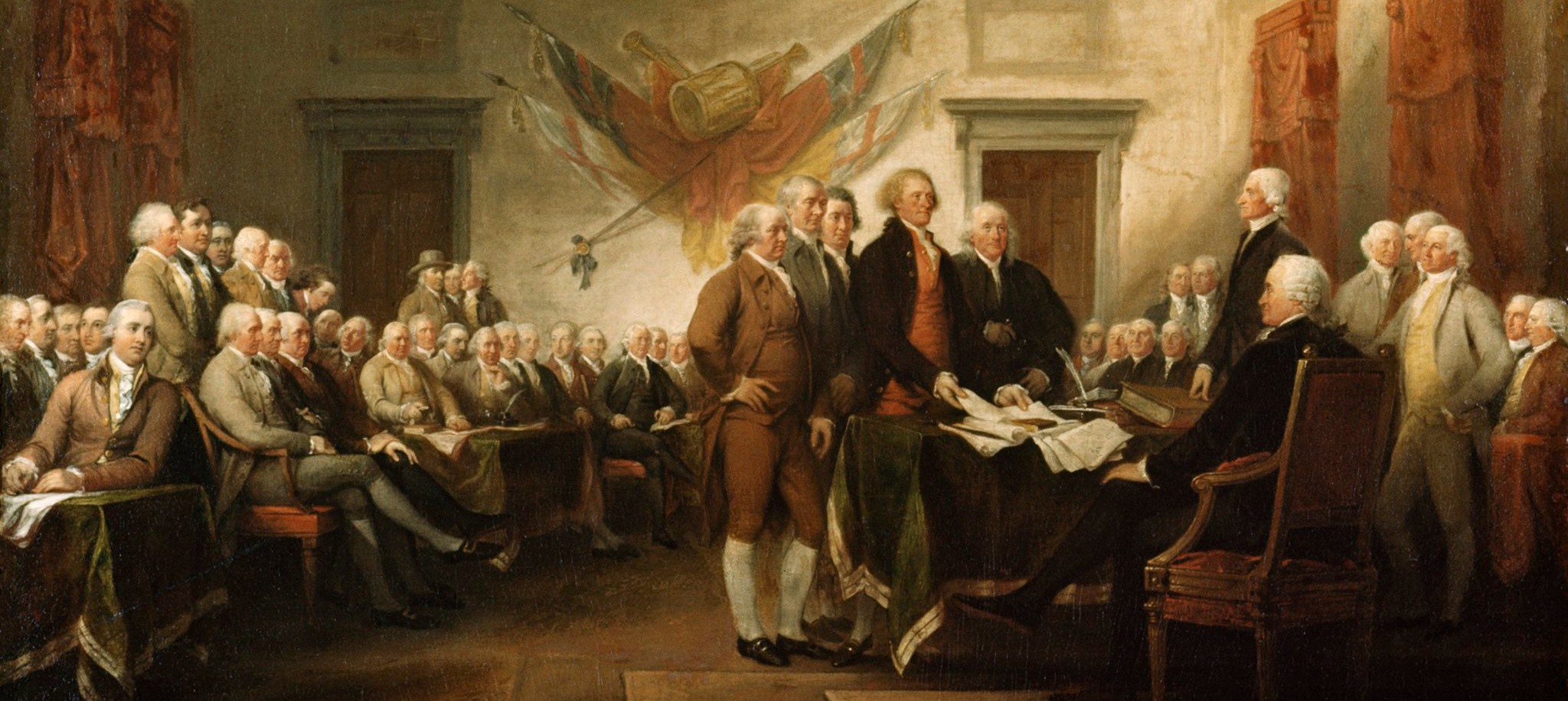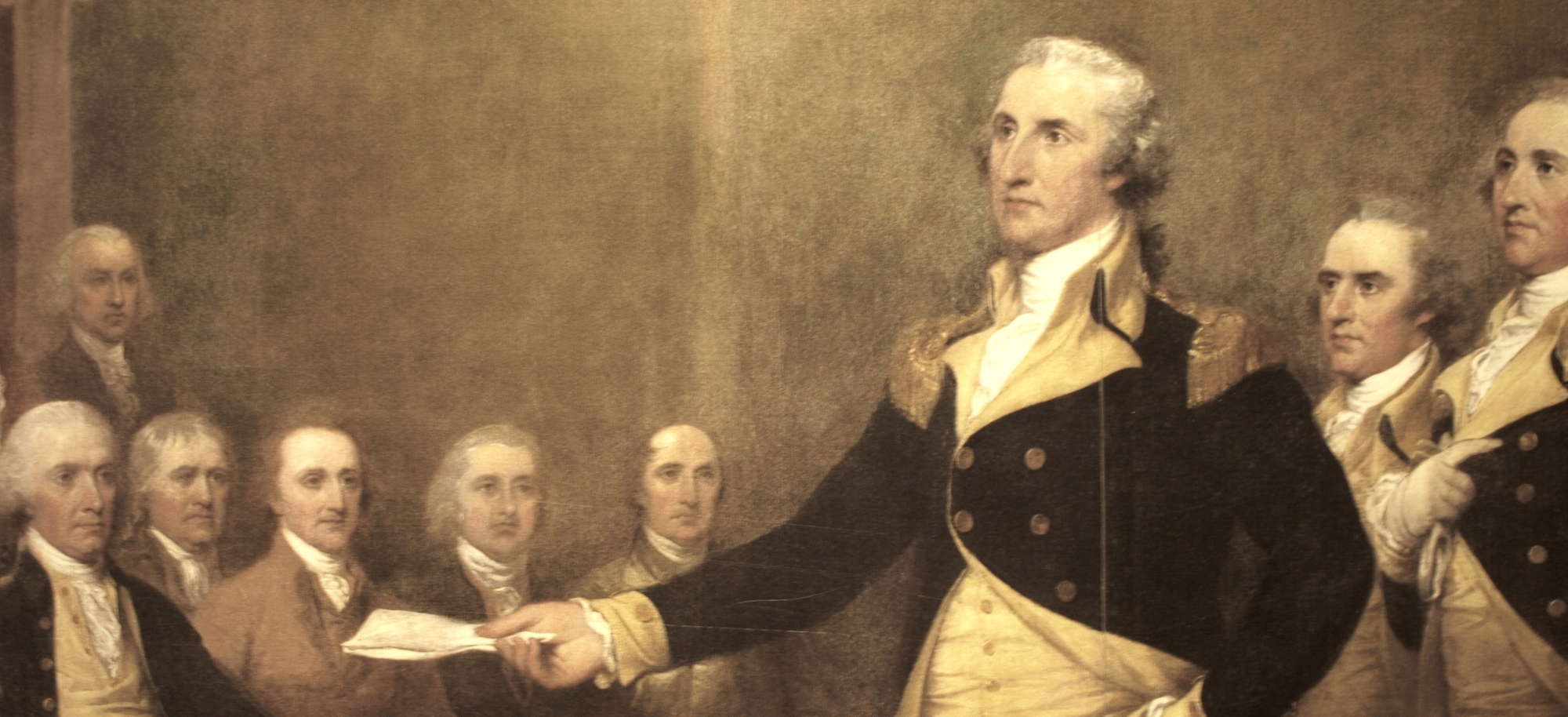
A Return to Civility
June 17, 2017
Share:What is Civility?
With the 4th of July drawing near and in honor of our founding fathers, it’s time to put aside political hostility and re-establish civilized behavior. Civility is the ability to interact with others while demonstrating courtesy and integrity. Without civility, communication simply isn’t possible. Civilized interaction is so important to a society that it was once taught to all young scholars. 110 Rules of Civility & Decent Behavior in Company and Conversation, established by the Jesuits in 1595, were considered an essential component of a well-rounded education. The teaching of these rules was a common practice. In fact, these very rules were once copied down by a young man named George Washington as an assignment from his schoolmaster. It is clear that George Washington learned his intended lesson. He was most definitely a civilized man.

Roger Williams
The father of civility in America was Roger Williams, the founder of Rhode Island. A Puritan, Williams was one of the first to imagine public life in America as an exercise in constructive conversation. Williams’ ideas regarding civility and the respect for all cultures were at odds with the Puritan establishment of Massachusetts. Frustrated with the inability of church leaders to listen or compromise with opposing viewpoints, Williams eventually left Massachusetts in 1637. Upon leaving Massachusetts, Williams began to study ways in which groups of people could come together and communicate without hostility for the common good.
Roger Williams believed that it was the duty of citizens to work together. “Each individual must guarantee the same rights to others that he claims for himself.” Civility is what allows people to work together to improve society. It preserves public peace and enables human beings to engage in the cooperative relationships necessary to live together. Williams asserted that “tolerance, common courtesy, friendship, and truthfulness” were the cornerstones for engaging in public dialogue. The boundaries that guaranteed civility were: Courteous conversation, listening with integrity and genuineness, showing respect for one’s opponent, and refraining from personal insults.

Our Founders Agreed
Our founding fathers used the teachings of Roger Williams and the Jesuits to build this nation. They put aside differences and listened to one another. We don’t have to search for ways to engage in civilized conversation. That blueprint was created long ago. These ideas are worth emulating. If we leave out the civility component in our interactions with one another, we’ve left out the glue that binds us together. So, as we join together to celebrate our independence, let us also celebrate our founding fathers for giving us their wisdom. The following expectations were compiled from the writings of the Jesuits, Roger Williams and George Washington.
The Expectations of Civility
- Respect the rights and opinions of others.
- Engage in courteous conversation.
- Try not to embarrass others either intentionally or unintentionally.
- Listen with integrity and genuineness.
- Pay attention to the tone of your written and verbal communications.
- Even though you may disagree with someone, try to avoid negative facial expressions.
- Be sincere.
- Show consideration for time. Be brief when necessary.
- Avoid condescension. Others may know more than you think.
- When someone has tried valiantly and failed, avoid criticism.
- Do not reprimand others publicly. Allow people their dignity.
- Avoid criticism when you also might bear blame in the matter.
- Celebrate the achievements and positive qualities of others.
- Use caution when offering unsolicited advice.
- Listen and be flexible in your opinions.
- Demonstrate and encourage tolerance.
- Avoid gossip and don’t speak ill of someone not present.
- Show respect for your opponents and refrain from personal insults.
- Display gentleness in all human interaction.
- Keep your conscience alive.
Share: